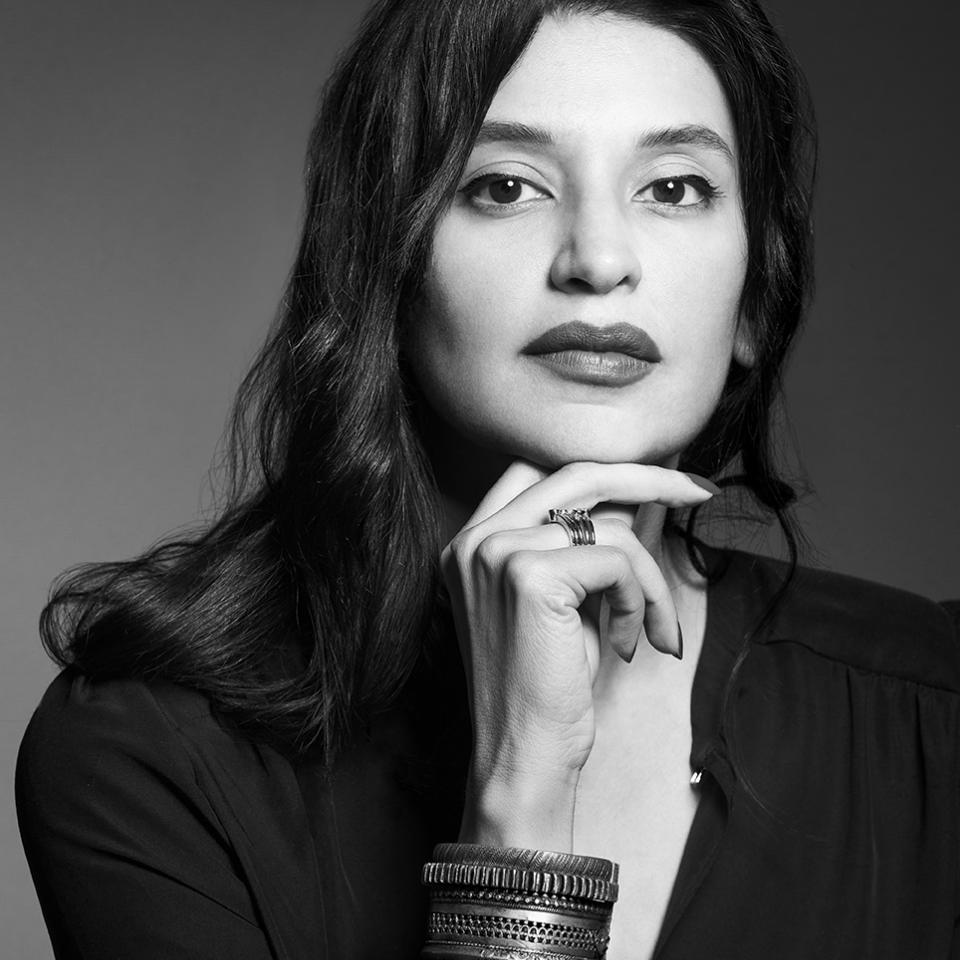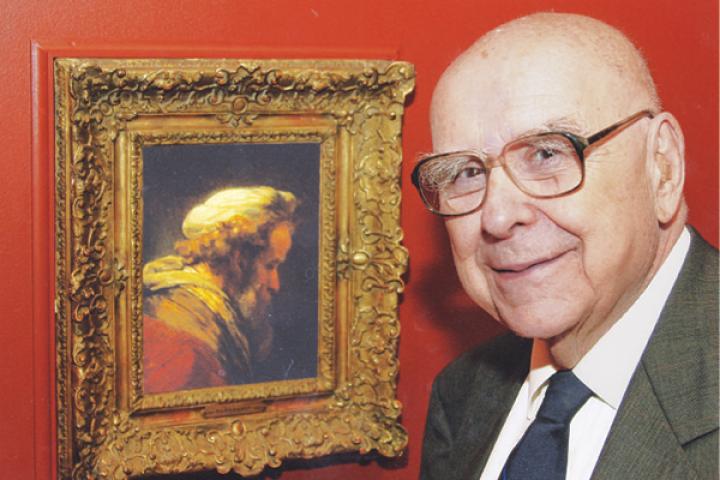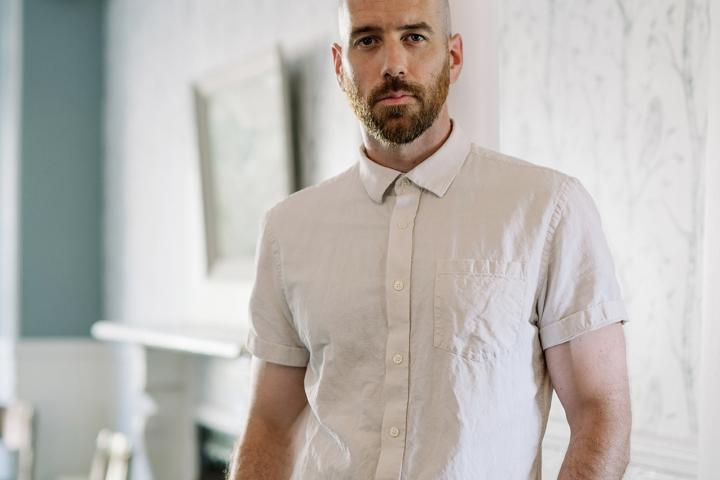Within a single 24-hour period in October 2017, 12 million people shared their experiences of sexual assault and harassment on social media, sparking an unprecedented display of empathy and solidarity. Erum Hasan, Artsci’02, watched the birth of the #MeToo movement with fascination. After all, she had just finished writing a novel that touched on similar themes.
We Meant Well, now available through ECW Press, tells the story of Maya, an international aid worker who travels to a small developing country to contain a scandal: a male colleague is accused of sexually assaulting a young local woman in an orphanage her agency runs. How does Maya reconcile the victim’s experience with what she thought she knew about her colleague? How will the allegations impact the charity they work for? Whose side is she even on?
An environmental consultant and a 15-year veteran of the international aid scene, Ms. Hasan has long grappled with the contradictions inherent in her line of work. “I’m really interested in the dynamic of charity,” she says. “There’s somebody who’s giving and there’s somebody who’s receiving, and there’s a power dynamic there that I wanted to unpack.”
I’m really interested in the dynamic of charity. There’s somebody who’s giving and there’s somebody who’s receiving, and there’s a power dynamic there that I wanted to unpack.
Ms. Hasan typically processes her thoughts in writing, a habit dating back to her days at Queen’s. “When an issue jumps out at me, I like to write about it in a fictional manner,” she says. “I did a lot of creative writing at Queen’s.”
She began writing We Meant Well in 2015 while on assignment in Haiti. “It was February, and it was cold in Canada,” she says. “I had just arrived in Port-au-Prince and it was warm and beautiful and sunny. I felt so joyful about being there. And then I thought, ‘What if I wasn’t happy to be here? What if I was someone who was coming back to confront something difficult? What if I was burned out and sick of it all?’ And I just started writing.”
As the story came together, Ms. Hasan chose to centre it on a sexual assault. “I chose it because it was a way to show what can happen with peace keepers,” she says, “how we’re supposed to be helping people, but it doesn’t always work out that way.”
The story became more real in October 2017.
“When the #MeToo movement happened, it made me realize how prevalent this is in every facet of life,” she says. It also made her realize how often these incidents are swept to the side, “particularly when we’re dealing with vulnerable women. The way it typically gets addressed, it illustrates all of our societal blind spots.”
Just as she finished her second draft, Ms. Hasan learned of a similar incident that had taken place at the hands of aid workers in Haiti. “I had worked in Haiti a lot,” she says, “so it hit me really hard to see how truly vulnerable these populations are – and even in the midst of that, they get taken advantage of. I remember thinking, ‘I wish my fiction wasn’t so real.’”


